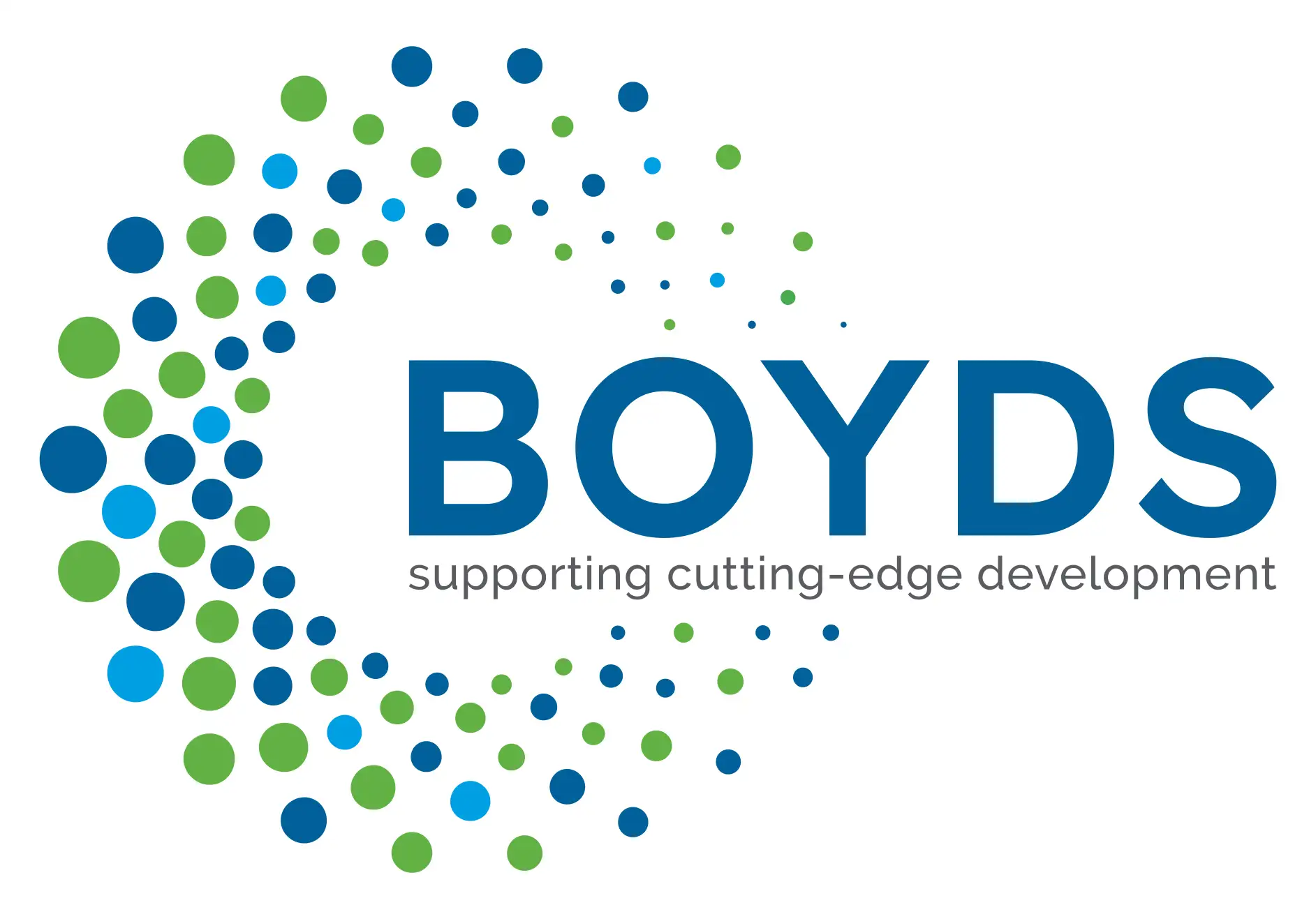In January 2025, the Food and Drug Administration (FDA) issued long-awaited draft guidance on the use of artificial intelligence (AI) in regulatory decision-making for drugs and biological products. In this blog, the Boyds Regulatory Affairs team outlines the new guidance and its aims.
The draft guidance, titled ‘Considerations for the Use of Artificial Intelligence to Support Regulatory Decision-Making for Drug and Biological Products’ offers recommendations to sponsors and other stakeholders on using AI-generated information or data to support regulatory evaluations of safety, effectiveness, or quality. It is the first guidance the agency has issued on the use of AI for the development of drug and biological products.
The document introduces a risk-based credibility assessment framework designed to establish and evaluate the credibility of AI models within specific contexts of use (COU). It does not address the use of AI models in drug discovery or when used for operational efficiencies that do not impact patient safety, drug quality, or the reliability of results from a nonclinical or clinical study.
Why has the FDA published this draft guidance?
The FDA states that the use of AI in the regulatory submissions it receives has increased for some uses, reflecting the continuous technological advancements seen in the wider industry. It notes that AI presents some unique challenges, including the variability in the quality, size, and representativeness of datasets for training AI models which may introduce bias and raise reliability concerns. In addition, due to the complex methodology underpinning AI models, understanding how they are developed and arrive at conclusions can prove difficult.
Moreover, uncertainty over the accuracy in the deployed models’ output may be difficult to interpret, explain, or quantify, and there is also potential for the model’s performance to change over time or across different environments when new data inputs are introduced, requiring life cycle maintenance of these models.
Overview of the draft guidance
The FDA’s draft guidance focuses on three main areas:
1. A risk-based credibility assessment framework
The FDA sets out a 7-step process to establish and assess the credibility of AI models:
- Step 1: Define the question of interest that will be addressed by the AI model
- Step 2: Define the COU for the AI model
- Step 3: Assess the AI model risk
- Step 4: Develop a plan to establish the credibility of AI model output within the COU
- Step 5: Execute the plan
- Step 6: Document the results of the credibility assessment plan and discuss deviations from the plan
- Step 7: Determine the adequacy of the AI model for the COU
The document describes these steps in detail, setting out key advice points for navigating each stage of the process.
2. Life cycle maintenance of the credibility of AI models
The draft guidance also provides recommendations on life cycle maintenance, which refers to the management of changes to an AI model to ensure it remains fit for use over the drug product life cycle for its COU.
The FDA states that the performance of AI-based models should be continually assessed to ensure they remain fit for use and appropriate changes are made to the model as needed. The agency encourages a risk-based approach to help sponsors assess the impact of a change to the AI model performance.
3. Early engagement with the FDA
The FDA strongly encourages sponsors to engage early with the FDA in order to:
- Set expectations regarding the appropriate credibility assessment activities for the proposed model based on model risk and COU
- Help identify potential challenges and how such challenges may be addressed
To discuss the use of AI in connection with a specific development program, the document recommends that sponsors request an appropriate formal meeting, as well as setting out other engagement options depending on the intended use of the AI model.
Regulatory affairs experts
Boyds’ award-winning team of regulatory affairs experts will closely follow developments in this area. With long-standing relationships with the FDA, our regulatory professionals can provide clients with specialist knowledge and guidance to help support their regulatory submissions. Speak to the team today.








